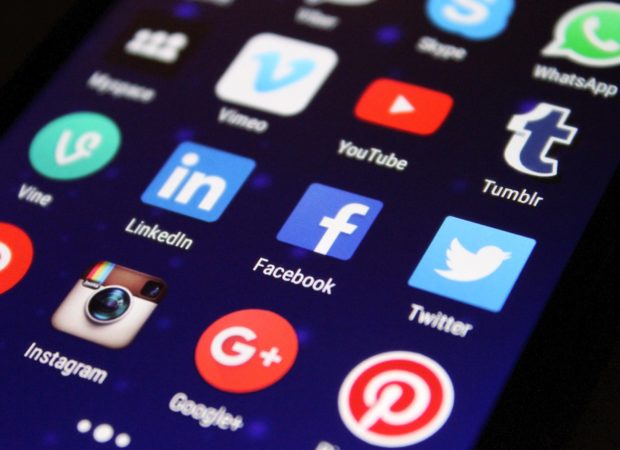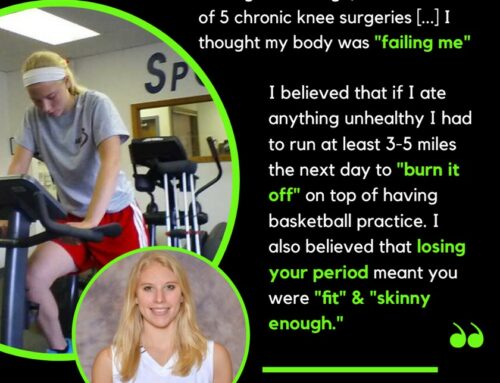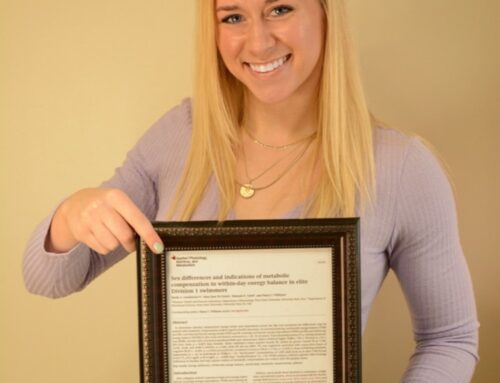When scrolling through social media apps such as Instagram or Twitter, it is almost impossible not to come across a post or image making nutrition, exercise, or other health-related claims. Many of these posts will be eye-catching, and use phrases or words that appeal to people such as “Lose Weight Rapidly With These 4 Foods”, or “Instant Health-Boosting Drink”. While accounts that post this type of content may appear to have many followers or gain thousands of “likes” on their posts, it is best to check where the information is coming from, the qualifications of who it is coming from, and if there is any scientific evidence backing up the claims being made.
The number of individuals who use various social media platforms has sky rocketed in recent years, with many of those users being adolescents and teenagers. For anyone, but especially for younger individuals, it may be easy to believe that advice you’re seeing online is true, especially when you don’t have any prior knowledge on the topic yourself. This can be dangerous as many of the people posting nutrition advice or other health claims often have no real training on the subjects, and are using personal experience, or information from non-trustworthy sources to make these claims.
Although it is best to always consult your own physician or a registered dietitian when you have questions about your health, here are a few tips on what to do when you come across a post or an account online that is making nutrition or other health-related claims:
Does this person have any qualifications that enable them to be giving medical or nutritional advice? Health professionals spend years in school to ensure that they have the knowledge to make appropriate claims and provide correct information. Be skeptical of advice or claims from those who have no qualifications.
The only information to be trusted is that that has been backed up by scientific research from a reputable source. Many people can make claims, but without scientific evidence to back them up, these claims mean nothing.
Just because the person posting about a certain type of diet looks fit and healthy, doesn’t mean that that diet will have the same effects on your personal health. Each of our bodies is unique, and must be treated as such.
At the end of the day, seek advice and guidance from your personal care physician, a registered dietitian, or another qualified health professional. Even if the person posting on social media is qualified to be making health or nutrition claims, they are often general, and may not apply to you, so be sure to talk to professionals who can give you personalized advice based on your body’s unique needs.






